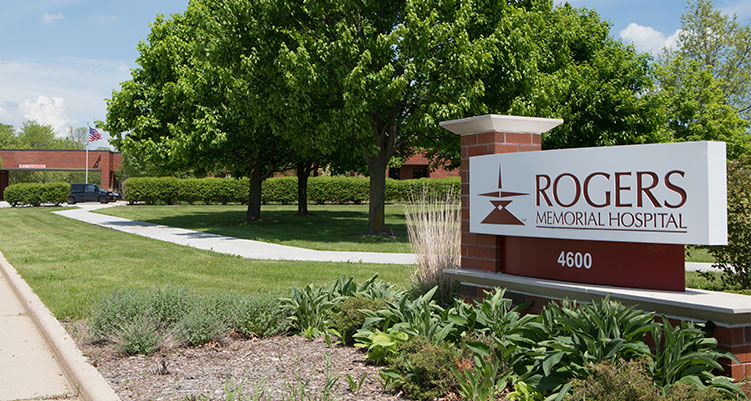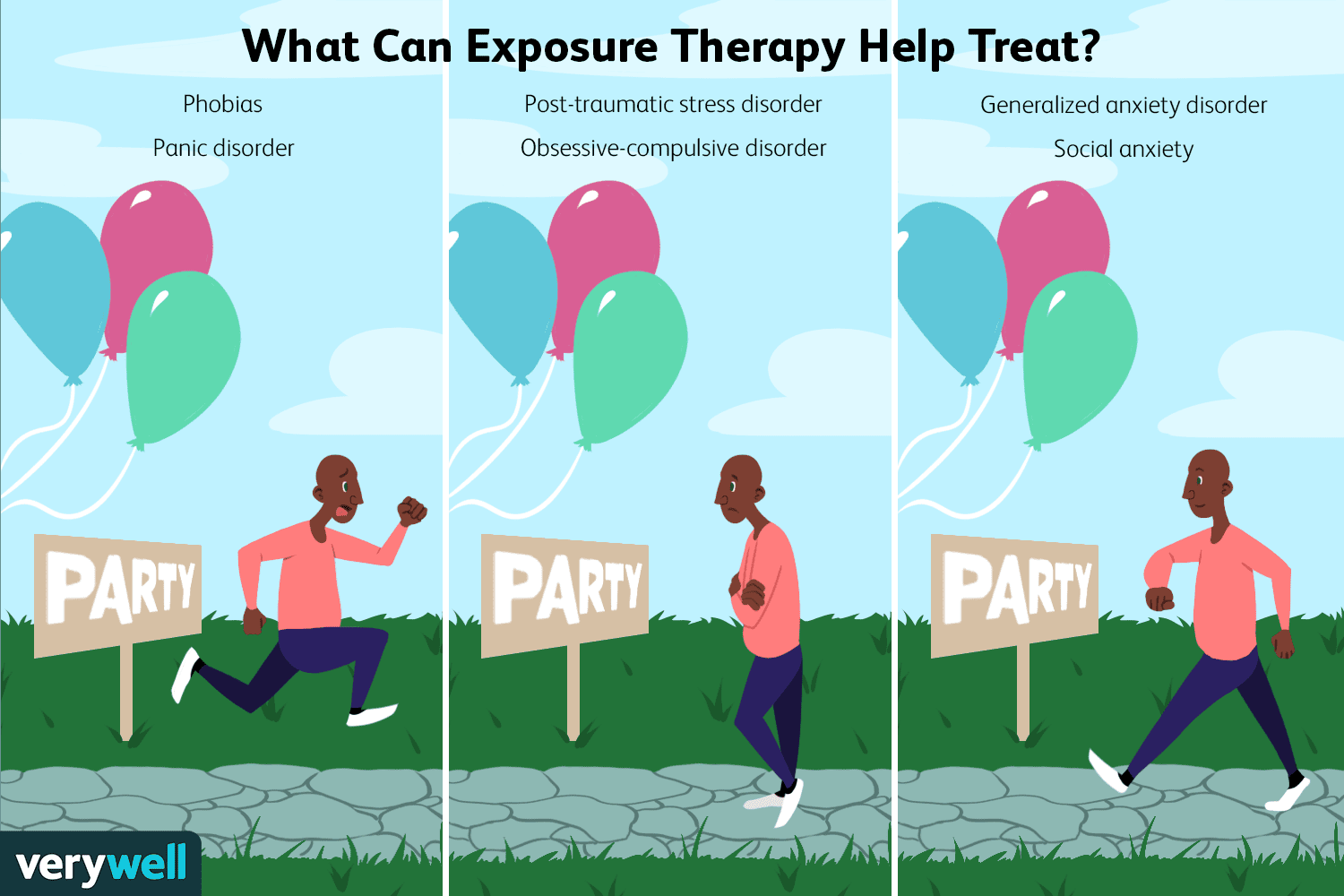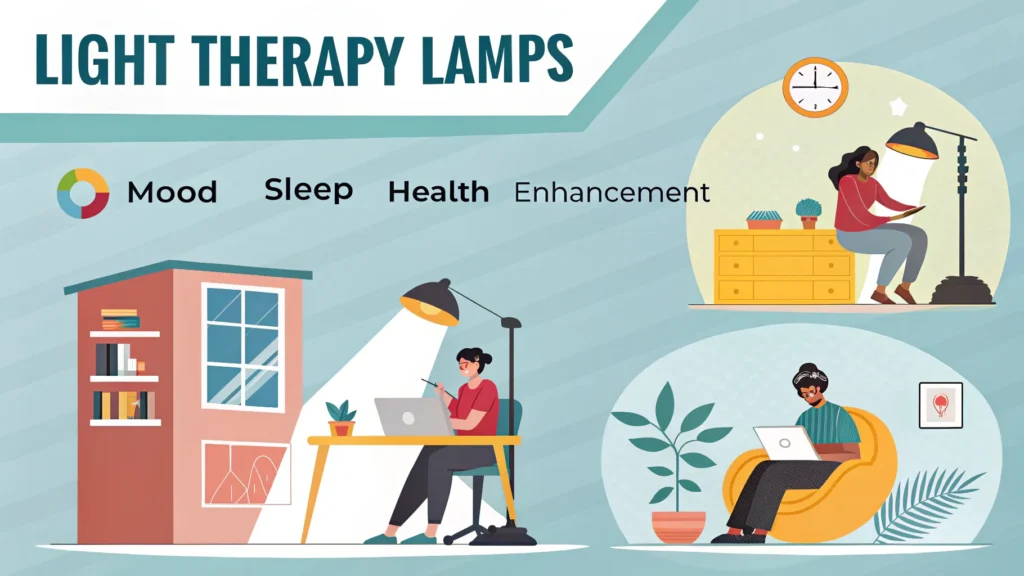Table of Contents
Introduction
Mental health is an important part of overall well-being, but many people struggle to get the support they need. Rogers Behavioral Health is a leader in providing comprehensive mental health services and evidence-based treatment for people of all ages. This overview describes the importance of mental health services and how Rogers Behavioral Health meets this critical need.
Overview of Rogers Behavioral Health
Rogers Behavioral Health’s mission is to provide compassionate, quality care and has been a trusted name in mental health services for decades. With a network of facilities across the U.S., Rogers is committed to innovative, evidence-based treatment that offers hope to those dealing with mental health challenges.
Importance of Mental Health Services
Access to specialized mental health care is critical to addressing issues such as anxiety, depression and substance use disorders. Rogers Behavioral Health recognizes the importance of early intervention and ongoing support in improving outcomes for individuals and their families.

Types of Programs Offered
Rogers Behavioral Health offers a comprehensive array of programs to meet a variety of patient needs:
Inpatient Programs
Rogers Behavioral Health offers comprehensive inpatient programs designed for individuals facing acute mental health challenges. These programs provide 24-hour care across three hospital campuses in Wisconsin, focusing on stabilizing patients before they transition to lower levels of care.
Key Features:
- Target Population: Services are available for children, adolescents, and adults.
- Treatment Components: Includes psychoeducation, behavioral activation, distress tolerance, and safety planning.
- Outcomes: On average, patients experience over a 50% reduction in depressive symptoms during their stay, with 99% showing improvement on the Clinical Global Impressions Scale after six days or more of treatment.
Outpatient Programs
Rogers also provides outpatient programs, which include Partial Hospitalization Programs (PHP) and Intensive Outpatient Programs (IOP). These programs are tailored for individuals who require structured treatment while maintaining their daily responsibilities.
Key Features:
- Flexibility: Patients can attend treatment sessions during the day or evening while living at home.
- Multidisciplinary Care: Access to a team of mental health professionals, including psychiatrists and therapists.
- Specialized Focus: Treatment is available for various conditions, including anxiety disorders, depression, and eating disorders.
Residential Treatment Options
Rogers offers specialized residential treatment options that provide a structured environment for individuals needing intensive support over a longer duration.
Key Features:
- Duration: Typically lasts between 30 to 90 days.
- Programs Available: Includes dedicated tracks for eating disorders, OCD, anxiety disorders, and co-occurring substance use disorders.
- Therapeutic Environment: Facilities are designed to be home-like and supportive, allowing for a focus on recovery through various therapies such as cognitive-behavioral therapy (CBT) and exposure and response prevention (ERP).
These programs collectively aim to provide comprehensive care tailored to individual needs, ensuring that patients receive the appropriate level of support throughout their recovery journey.
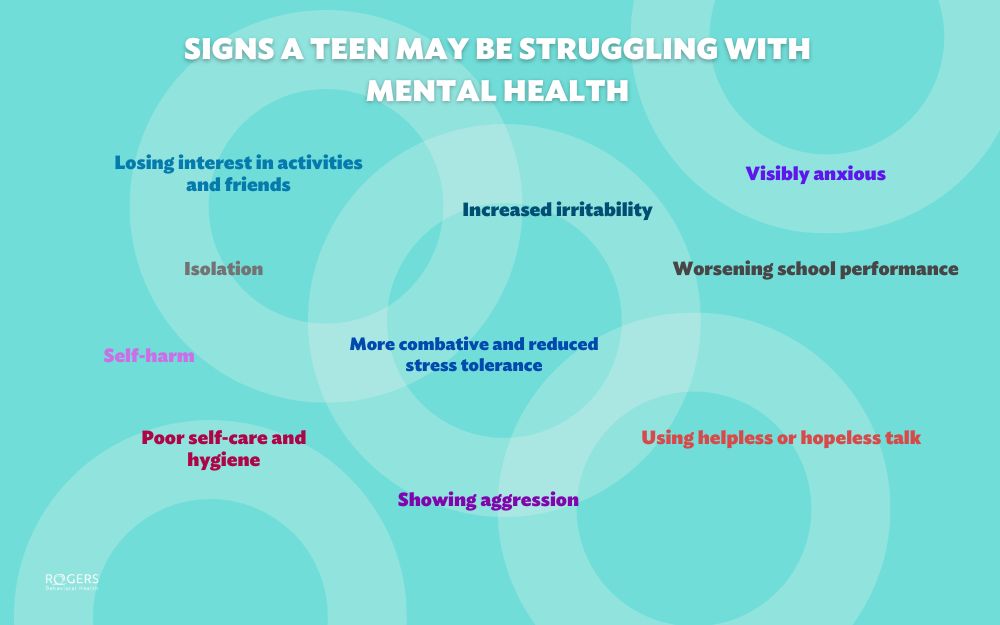
Specialized Treatment Areas
Rogers Behavioral Health specializes in several critical areas of mental health treatment, providing tailored programs to address the unique needs of individuals struggling with various disorders. Below is a detailed overview of these specialized treatment areas:
Anxiety Disorders
Rogers offers comprehensive treatment for various anxiety disorders, including generalized anxiety disorder, social anxiety, panic disorder, and obsessive-compulsive disorder (OCD).
- Treatment Approaches: The primary methods include Cognitive Behavioral Therapy (CBT) and Exposure and Response Prevention (ERP). These evidence-based therapies help patients confront their fears and develop coping strategies.
- Program Structure: Treatment is available in inpatient, outpatient, and residential formats, allowing flexibility based on the severity of the condition.
- Outcomes: Patients often experience significant reductions in anxiety symptoms and improved quality of life through structured therapeutic interventions.
Depression and Mood Disorders
Rogers provides personalized approaches for managing depression, bipolar disorder, and other mood-related challenges.
- Individualized Care Plans: Each patient receives a tailored treatment plan that may include psychotherapy, medication management, and family involvement.
- Therapeutic Techniques: Treatment often incorporates behavioral activation to help patients re-engage with enjoyable activities and improve emotional regulation.
- Focus on Co-occurring Disorders: Programs also address the complexities of co-occurring conditions such as anxiety or substance use disorders alongside mood disorders.
Eating Disorders
Rogers offers specialized care for individuals battling eating disorders like anorexia nervosa, bulimia nervosa, and binge eating disorder.
- Multidisciplinary Approach: Treatment teams consist of psychiatrists, psychologists, dietitians, and therapists who work collaboratively to address the physical and psychological aspects of eating disorders.
- Evidence-Based Practices: Programs utilize cognitive-behavioral techniques tailored to each patient’s needs, focusing on nutrition education, body image issues, and emotional regulation.
- Supportive Environment: The residential treatment options provide a safe space for recovery while promoting healthy relationships with food and self-image.
Substance Use Disorders
Rogers provides evidence-based programs aimed at helping individuals recover from addiction and regain control over their lives.
- Integrated Treatment: Programs are designed to address both substance use disorders and any underlying mental health issues concurrently.
- Therapeutic Modalities: Treatment may include individual therapy, group therapy, family therapy, and medication-assisted treatment when necessary.
- Focus on Relapse Prevention: Patients learn coping strategies to manage triggers and cravings effectively, enhancing their chances for long-term recovery.
These specialized treatment areas reflect Rogers Behavioral Health’s commitment to providing comprehensive care tailored to the individual needs of patients facing mental health challenges.
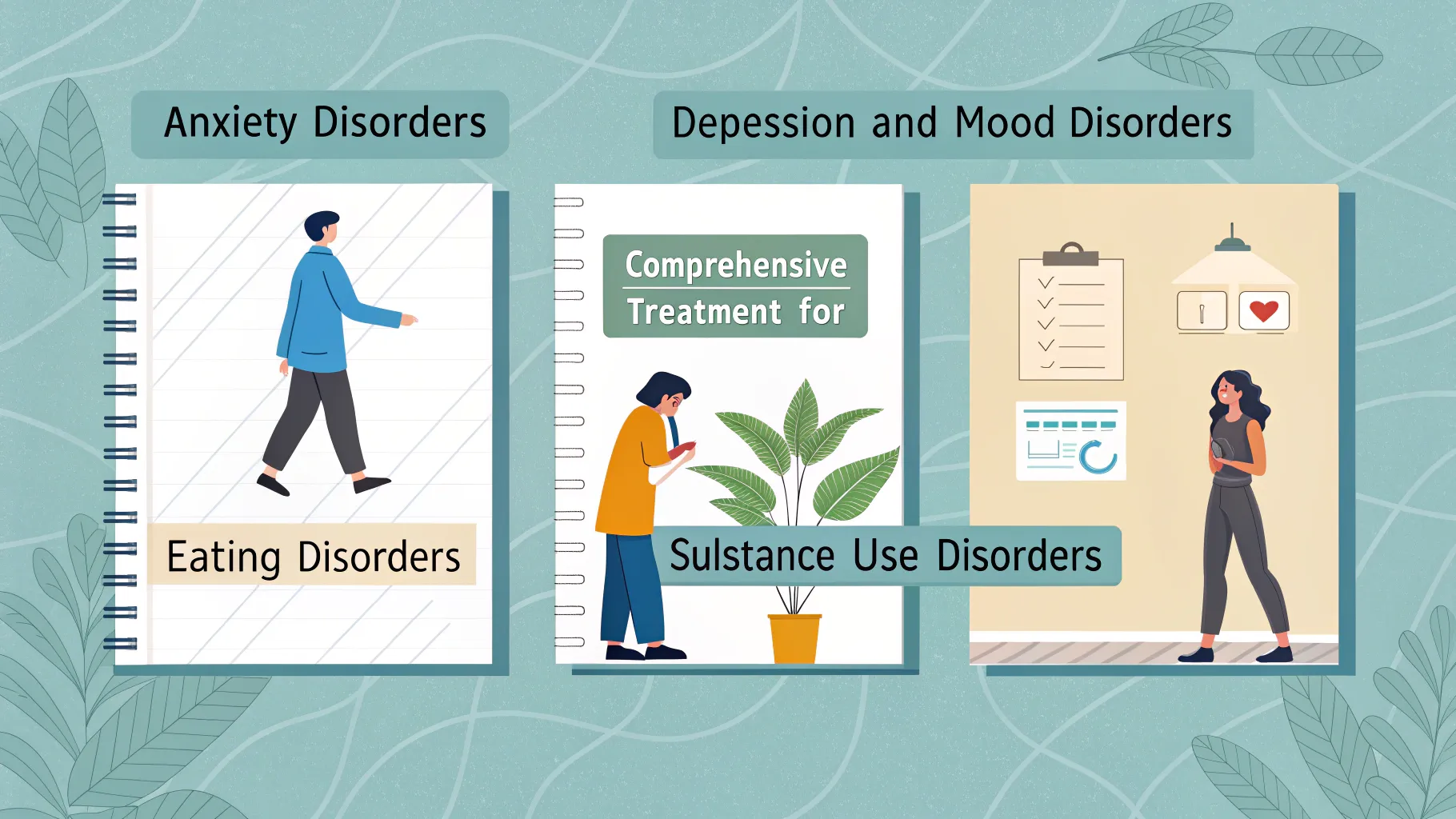
Patient Experience and Testimonials
Rogers Behavioral Health places a strong emphasis on patient experiences and testimonials, showcasing the transformative journeys of individuals who have received care. These accounts highlight the effectiveness of Rogers’ treatment programs and the profound impact they can have on patients’ lives.
Success Stories
Real-life accounts from former patients illustrate how Rogers has facilitated significant changes in their mental health and overall well-being:
- Christina’s Journey: Once overwhelmed by addiction, Christina shares how Rogers helped her reclaim her life, emphasizing the supportive environment that fostered her recovery.
- Jake’s Experience: Feeling understood for the first time, Jake describes how the compassionate care at Rogers allowed him to confront his struggles and find hope.
- Fernando’s Testimony: “Rogers saved my life,” he states, crediting the team for teaching him to manage his OCD effectively and regain control over his thoughts and actions.
These stories reflect not only individual recovery but also a collective narrative of hope and resilience among patients who have faced similar challenges.
Patient Satisfaction and Outcomes
High patient satisfaction rates underscore Rogers’ commitment to delivering impactful mental health services.
- Satisfaction Metrics: Regular feedback indicates that a majority of patients report feeling better equipped to manage their mental health after treatment. Many express gratitude for the comprehensive support provided by the multidisciplinary teams.
- LimeLight Program: This initiative allows grateful patients and families to recognize exceptional staff members through nominations, contributing nearly $2,500 in donations. This program highlights the deep appreciation patients have for the care they received, with many expressing that their therapists played a crucial role in their recovery journey.
Overall, Rogers Behavioral Health not only focuses on effective treatment outcomes but also prioritizes creating a supportive community where individuals feel valued and heard throughout their recovery process.
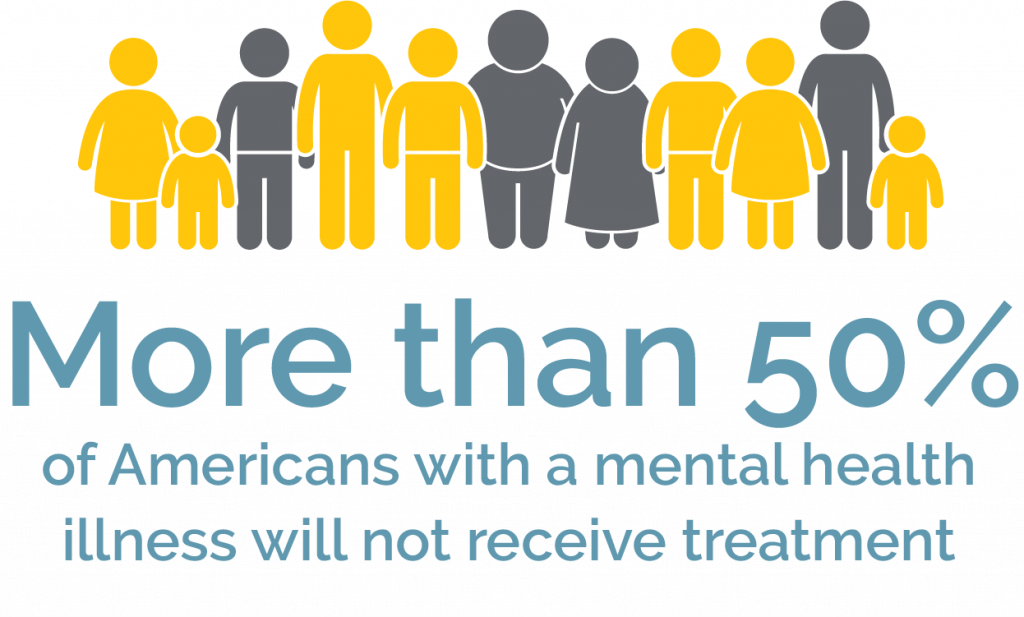
Negative reviews for Rogers Behavioral Health
Rogers Behavioral Health has received a range of negative reviews from both patients and employees, highlighting several areas of concern.
Patient Concerns:
Lack of Transparency (This is a very serious problem–to the point that I would look elsewhere for treatment)
Families deserve to know which insurers this program accepts. Many facilities, similar to this one, are ‘Out of Network’ only. That means that if you have a PPO or similar sort of managed care insurance plan, you are going to pay a higher percentage of the cost of treatment than if you choose an ‘in network’ facility. This organization supplies partial information and it is buried in the Insurance Calculator.
Negative reviews of individual branches
I think their issues vary by location. I went to their Tampa location, and everyone I know (irl) who went there had horrible experiences. I think it genuinely could have been helpful if not for the abusive and unethical staff, which obviously is not the same at all their locations.
Even if they aren’t bad at every location, the whole company are at fault for employing them and encouraging such a toxic environment, especially when vulnerable children are their main target for these programs.
Negative reviews of Exposure Therapy
I went there. They made us do “Exposure therapy” and it was basically torture.
Exposure therapy is unethical as fuck. The TTI program was all into that, and the they made a kid watch another kid vomit.
Their website may claim they do all those therapies, but It was really just 6 hours of exposure therapy everyday (or 12 if you tried to resist), and a few groups a week. They also took us out in public (without our guardians) to do exposures.
Employee Concerns:
- Work Environment: Employees have described the work culture as toxic, citing issues such as favoritism, gossip, and unprofessional behavior. One former employee referred to the environment as punitive and unprofessional, with a lack of leadership and team-building efforts.
- Management and Support: There are accounts of management not addressing concerns, with some employees feeling that patient care prioritizes profit over quality. A former therapist mentioned that clinical staff are expected to exceed expectations while being treated with disrespect regarding hours, caseload, and pay.
- Job Satisfaction: On Glassdoor, Rogers Behavioral Health has an overall rating of 2.7 out of 5, with 37% of employees indicating they would recommend working there to a friend. The ratings for work-life balance, culture and values, and career opportunities are also below average.
Accreditation Status:
It’s noteworthy that Rogers Behavioral Health is not accredited by the Better Business Bureau (BBB) and holds a BBB rating of D-.
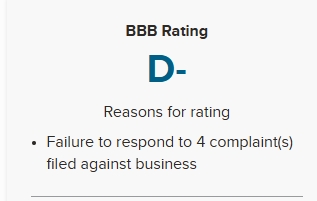
Conclusion
Rogers Behavioral Health stands out as a premier provider of mental health services, offering specialized, evidence-based care in various formats.
Mental health care is a vital aspect of overall health, and Rogers Behavioral Health is dedicated to helping individuals achieve lasting recovery and improved well-being.

